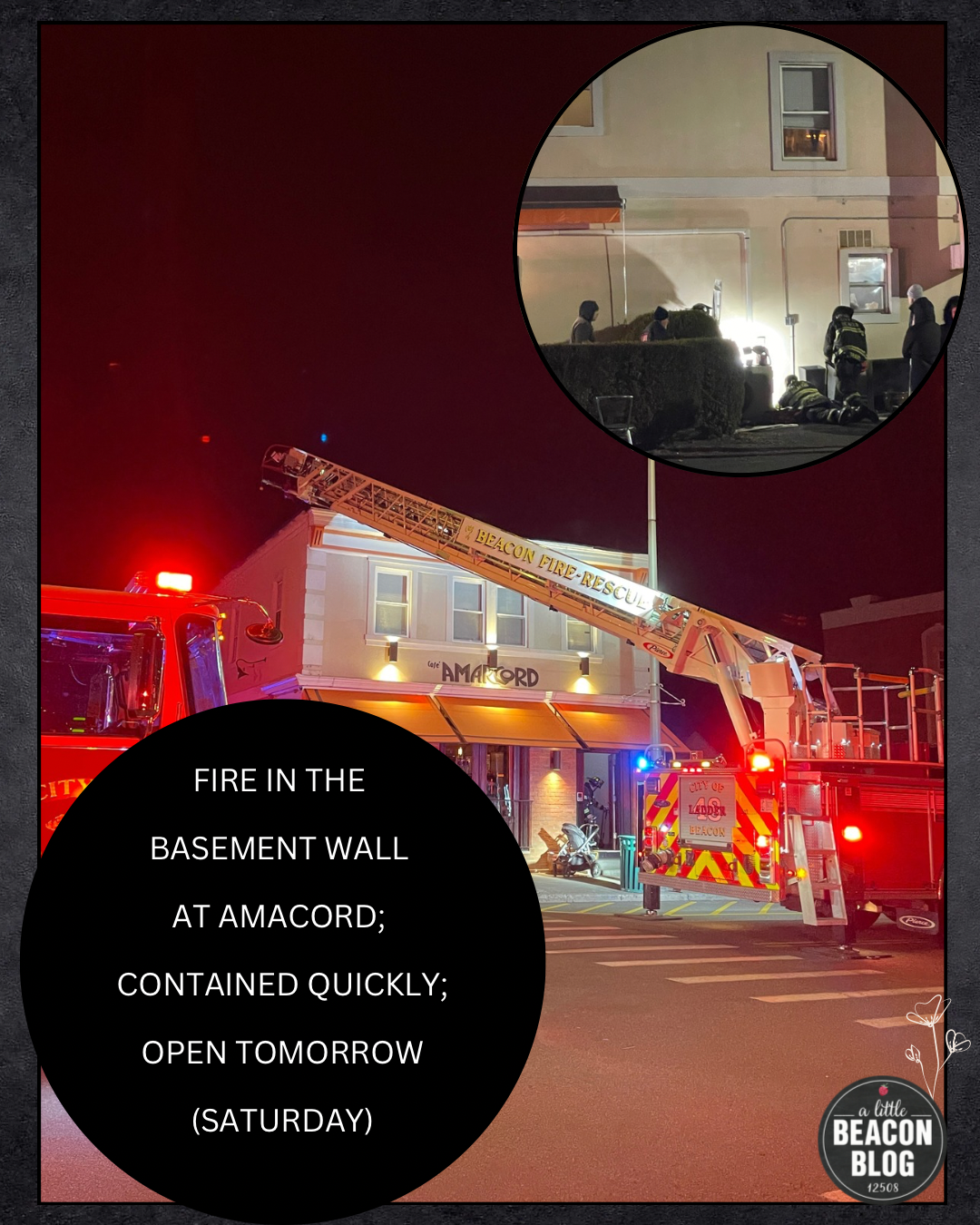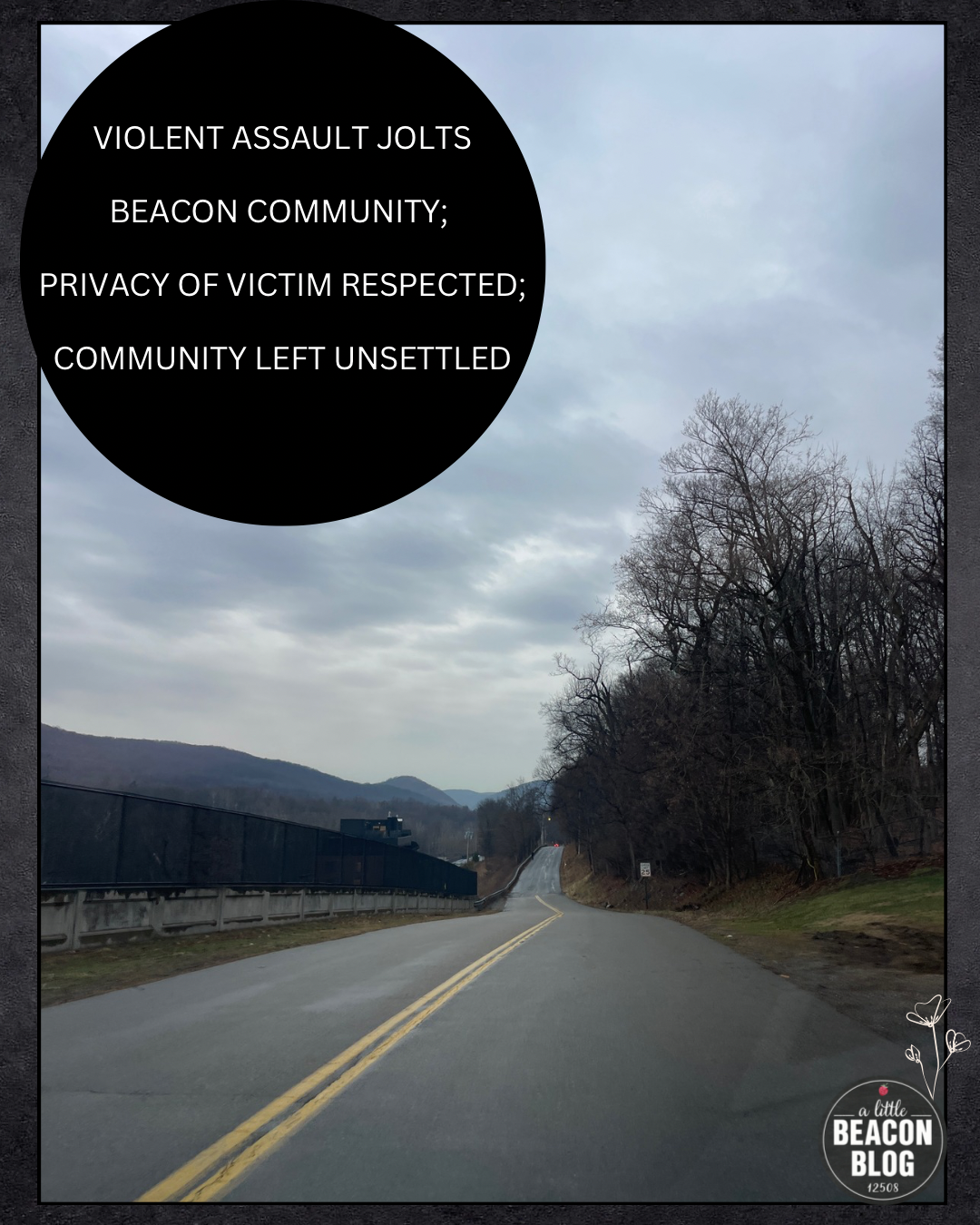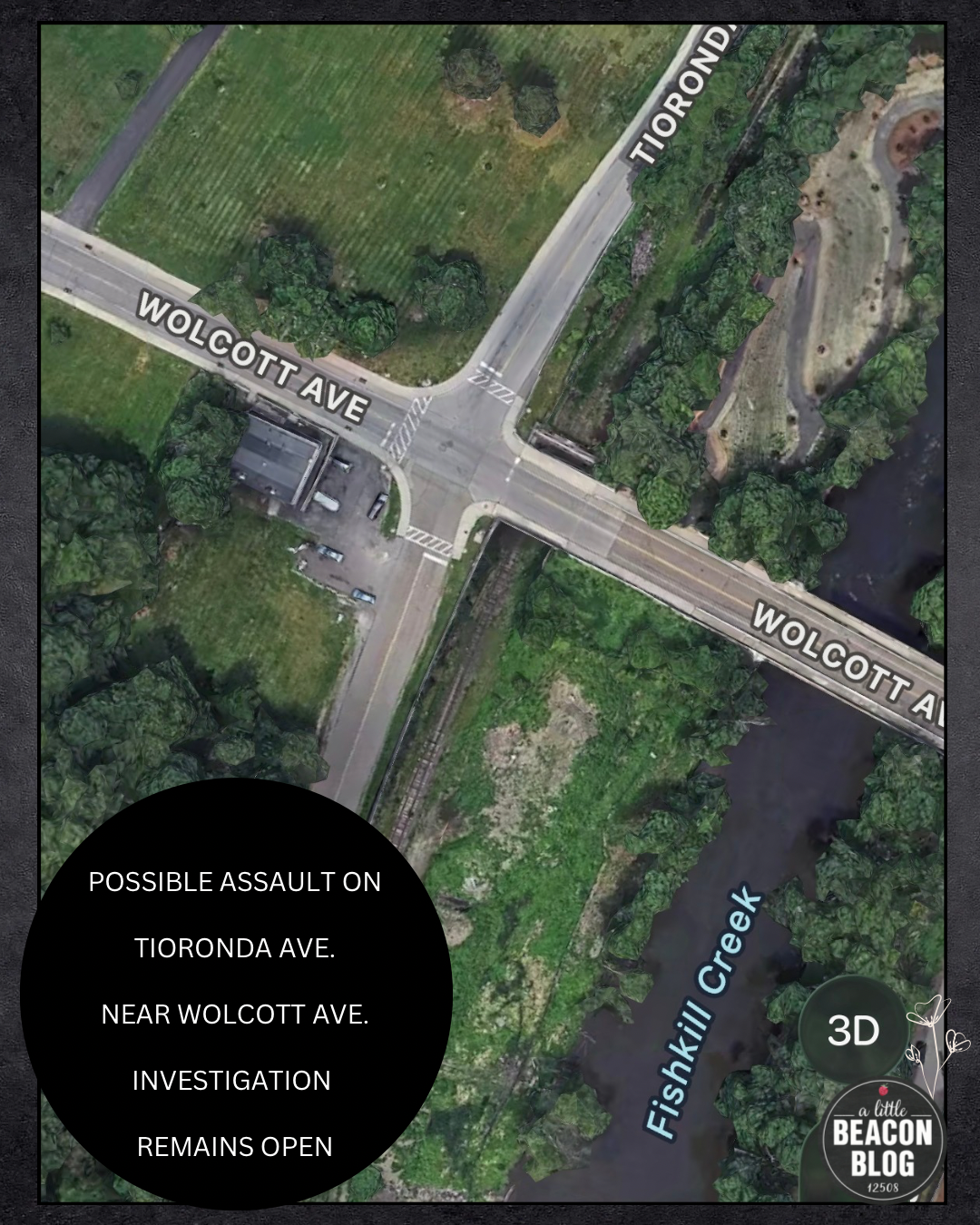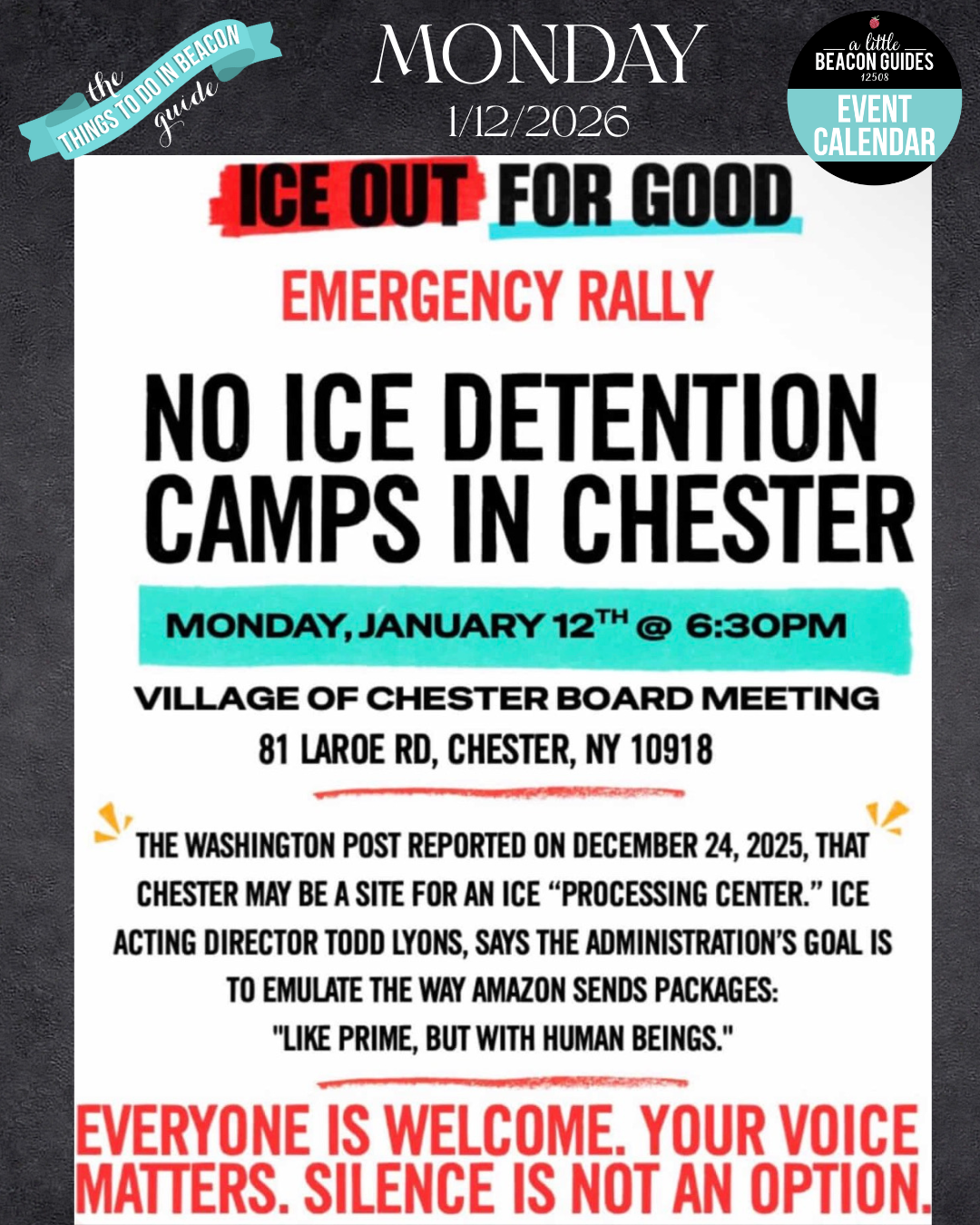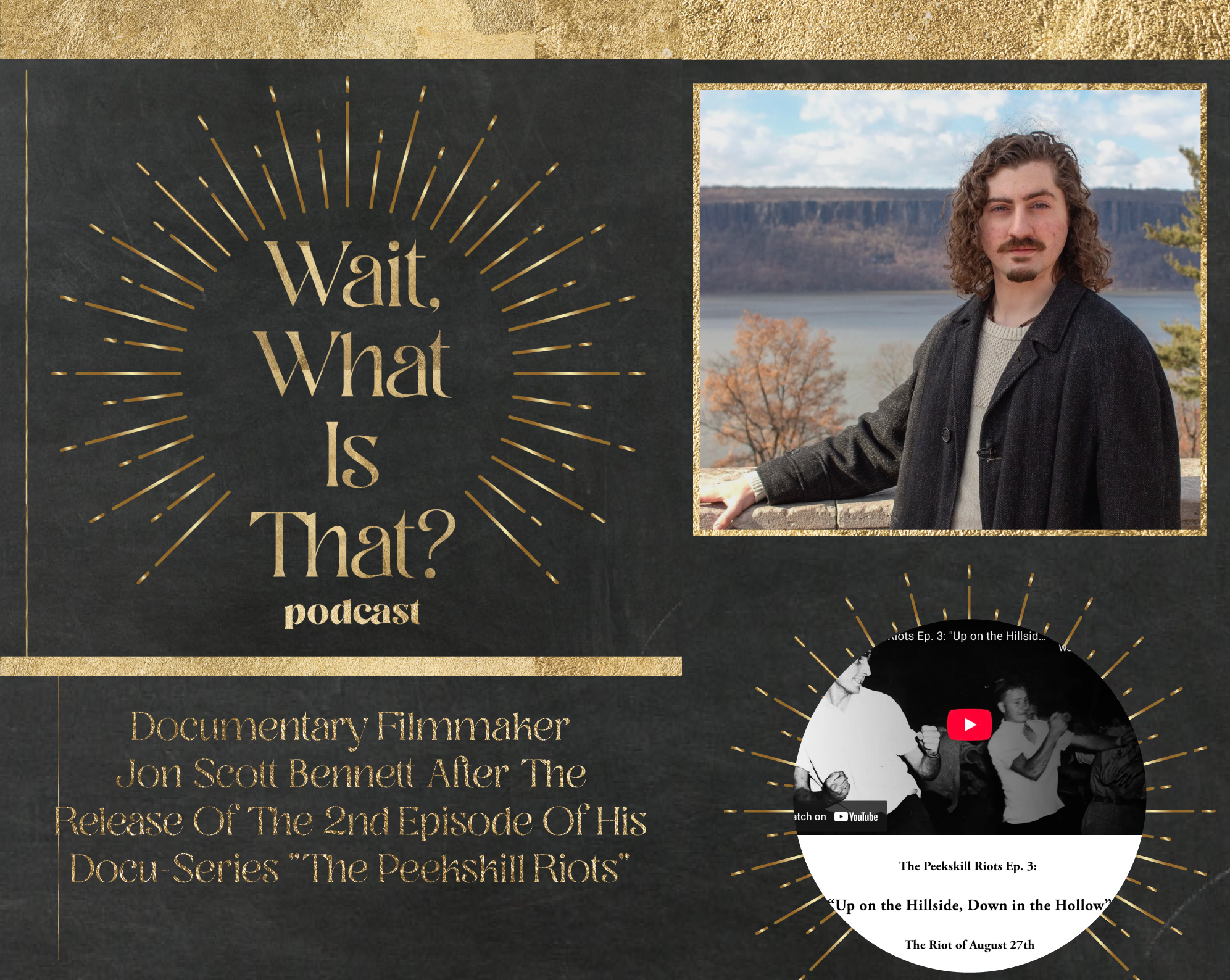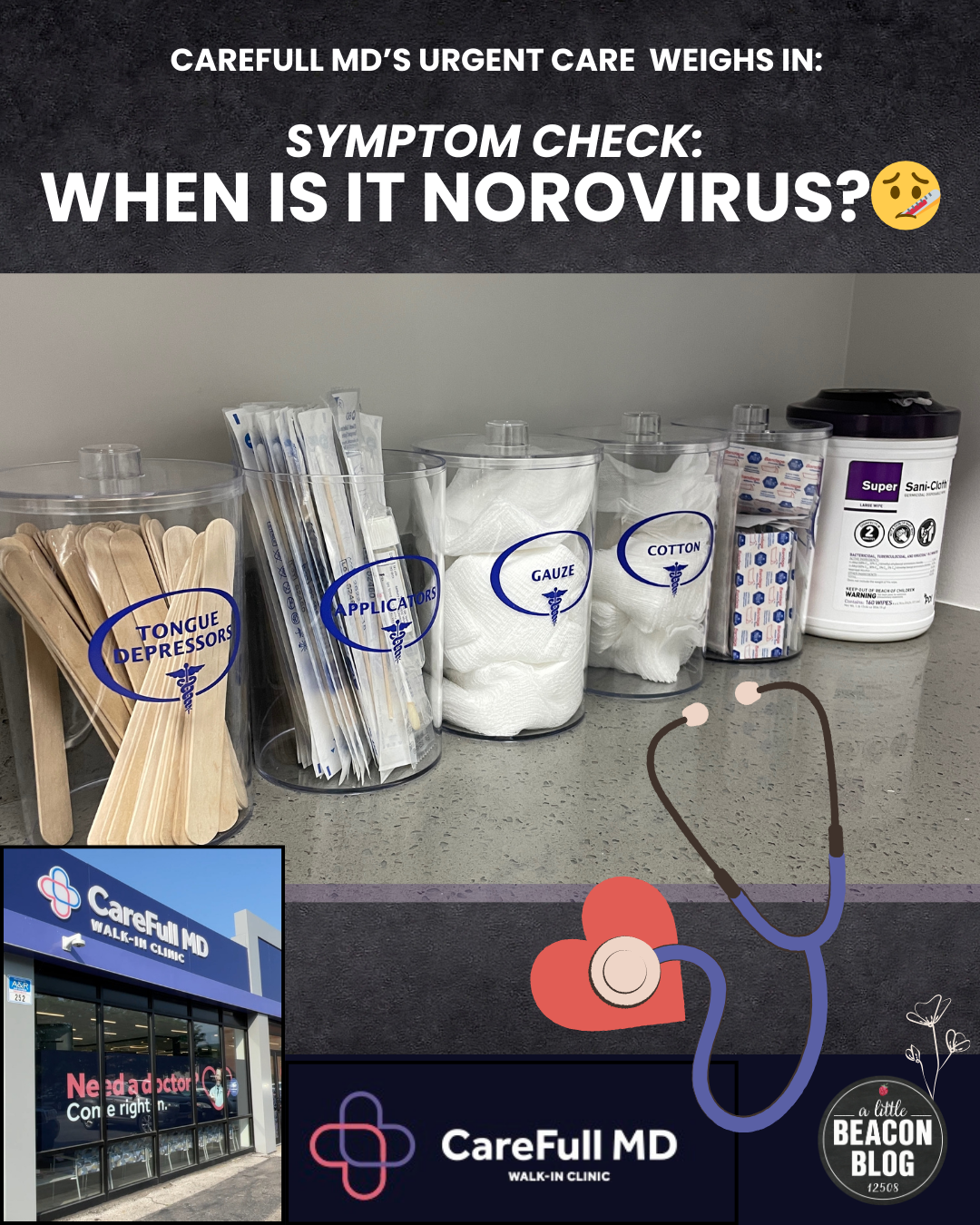Interview With Terry Nelson, City Councilperson Ward 1, About His Police Experience And Emotions During Protests
/Terry Nelson and his daughter marching in the protest in Beacon against police brutality and racial injustice.
Photo Credit: Katie Hellmuth Martin
Terry Nelson was at the student led protest in Beacon on Monday early with his daughter. She came with a sign, as she wanted to elevate her participation out of her Instagram and into the street with other supporters. Terry came with his mask and his phone to what he later realized was the brightest moment of the past two months of quarantine.
He didn’t care that he wasn’t socially distancing. Later that night at the regularly scheduled City Council Meeting, Terry confessed he had “trouble making it through” the meeting, as he choked on his words, took a breath and looked at the ceiling. Earlier that day, he had been chanting “I Can’t Breath” with the protesters, and on this usual Monday night, he shared with his fellow councilpersons and members of the public listening about the time when he was 17 years old, walking in NYC, and had a gun put to his face by a member of the NYPD.
The hearts of black and brown people have been heavy this week (well, quite a bit heavier). The day after Blackout Tuesday, a social media movement to take a pause to go silent and reflect (but not go silent on news impacting black lives), many black and brown friends expressed sadness and extreme tiredness. On the business side of things, many black business owners sent emails to their customers, sharing their personal stories of growing up black in America.
On Blackout Tuesday, Terry called me to tell his story. I had emailed him to confirm that his daughter was in the photo. He responded with a phone call. This is his story of being black in America, in New York City, growing up on West 112th between Broadway and Amsterdam, in a community he loved.
ALBB: Terry, I would ask you how you are, but I was listening to the City Council Meeting last night and heard how you are. But how are you?
”Whenever I see someone - a story where someone gets stopped by the police or killed by the police, it definitely makes me think about my experience. I feel grateful that nothing bad happened, and that I was able to live a pretty decent life for the next 38 years. The last 3.5 years have broken me, because we've allowed racism to be normalized. Even more a part of the system. I'm sad more than angry. They kind of alternate.”
ALBB: I really want to ask you…but I know you recounted your experience at the meeting last night. So I can re-listen and type it up, as I don’t want you to have to recount it. But…
”Katie, I called you. I will share my story. I was 17 years old. I wasn't even driving. I was walking with some friends, hanging out late, down by the Bowery. And I got stopped. Out of nowhere. A member of the NYPD put a gun in my face and I was told that I fit the description of a robbery suspect. When you're in New York, you're used to hearing sirens and police cars. We just didn't think that one of us would be a part of it.”
ALBB: Where did you grow up in NYC?
”I grew up on the Upper West Side of Manhattan and 112th between Broadway and Amsterdam. Near Tom’s Diner from Seinfeld.”
Editor’s Note: This area is near Columbia University and is known as Morningside Heights.
ALBB: How was that block?
”It was great. My neighbors never had a problem. The Dominicans lived one one side and the Puerto Ricans lived on another side. We played stick ball across the street together. It was during a different time when you could sit on people’s cars. It was great experience.”
ALBB: The protests all over are so large. It’s hard to social distance. Did you care?
”No. It didn't matter to me because racism is a much more prevalent, more difficult disease to get rid of. I've been basically indoors this whole time. I'll take a walk around the block and come back. It's been that way for the past 12 weeks. Yesterday (Monday) it didn't matter to me.
“My daughter wanted to come with me. She felt like putting up messages on her Instagram and talking to her friends wasn't enough.
“I had my reservations, I've been telling people social distance and put your mask on. There I was, not doing that. What happened yesterday was really important.
“I wanted to show why it was important that I be there. God bless those kids for doing that. It was the best thing that happened since the shut down. Ironically. This is me the atheist saying God Bless.
ALBB: What are things you see now that can bring out a life change?
”When people say All Lives Matter - I want them to know that when someone says Black Lives Matter - it doesn't degrade anyone's life. It is evident that black lives clearly do not matter. In what we have seen in the last 30 years. If you want me to go down a list I can. People who say All Lives Matter are not taking into consideration what we are trying to say. The chances of me being stopped vs a white person and are greater.
”Someone said to me: “That's a myth. My parents were immigrants and they made a better life for themselves.” And that is a clear lack of understanding of our history.
”I would like to see more of my white friends, allies, friends, neighbors, call out racism when they see it. If Uncle John makes a racist remark at the dinner table, you have to stamp it out right away. If you say: "Oh that's just him, it's a different time," that won’t work. That time has passed.”
ALBB: Does the tone matter? When white people are speaking?
”It does matter. I've heard it enough to know when there is malice behind it. I can tell when the other person saying it to me, they have no interest in why that offends me. Even great people that I know don’t understand why that offends me. I don't think you can ever fully explain to a white person what it's like. What it's like to get in your car, and say: "I hope I don't get stopped if I'm on the highway." It's an ongoing dawn to dusk siege that we can never fully explain or tell them about.”
ALBB: Should a white person not try?
”No. I say try by all means. Try! And don't be afraid if you get something wrong. I would rather correct the mistake, than have them compound it. Than making it worse. It cannot be left up to black people to fix this issue. This is an issue that we never started. It has to come from my white friends and my white sisters.”
ALBB: Is your wife white?
”Yes. We have been married 15 years (as a couple, together 17 years). It's been an ongoing learning process. The amazing thing about my wife is that she is very intelligent. This is not finite. You are going to learn something new all of the time. I'm learning something new all of the time about racism.
“Fortunately, early on in our relationship, we were pulled over in the car. One cop talked to me, one cop talked to her. "Where are you going to?" They asked us the same questions to see if we had the same answers. And we did. I've been only pulled over in a car once. Luckily there is a PBA sticker for state troopers in my window that my friend gave me. The trooper asked me "Who do you know?" I told him my friend’s name. It turns out they work in the same unit. He said "Oh, OK. Please slow down next time."
“That's why I make such a concerted effort to have people go the speed limit.”
Editor’s Note: If you follow City Council Meetings, you’ll hear Terry repeatedly ask for people to follow the speed limit.
Editor’s Note: Terry’s wife, Alison Chi, contributed her side of the experience:
“I’d just like to add to Terry's story about us being pulled over together. The only fortunate things about it were that we emerged unharmed and that it was when the first threads of the mask that had blinded me to understanding how my white skin protected me in the world were torn abruptly off. Understanding the impact of racism and what it is like to live in this world as a person of color is a continuous journey which I will never fully complete - because I am not black. My my loved ones are. Fear is an underlying constant. So for them, for the world around us, I will always point out racism when I see it. And will always talk to anyone about it - it's what I can do.”
Terry continues:
”This experience has changed me. And how I approach things. I will have to be more blunt with people. And not be so concerned about not seeming like a nice person. I think the time has come for honest talk across the board from everyone.”















